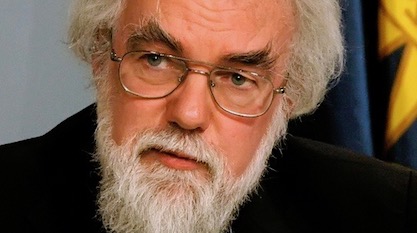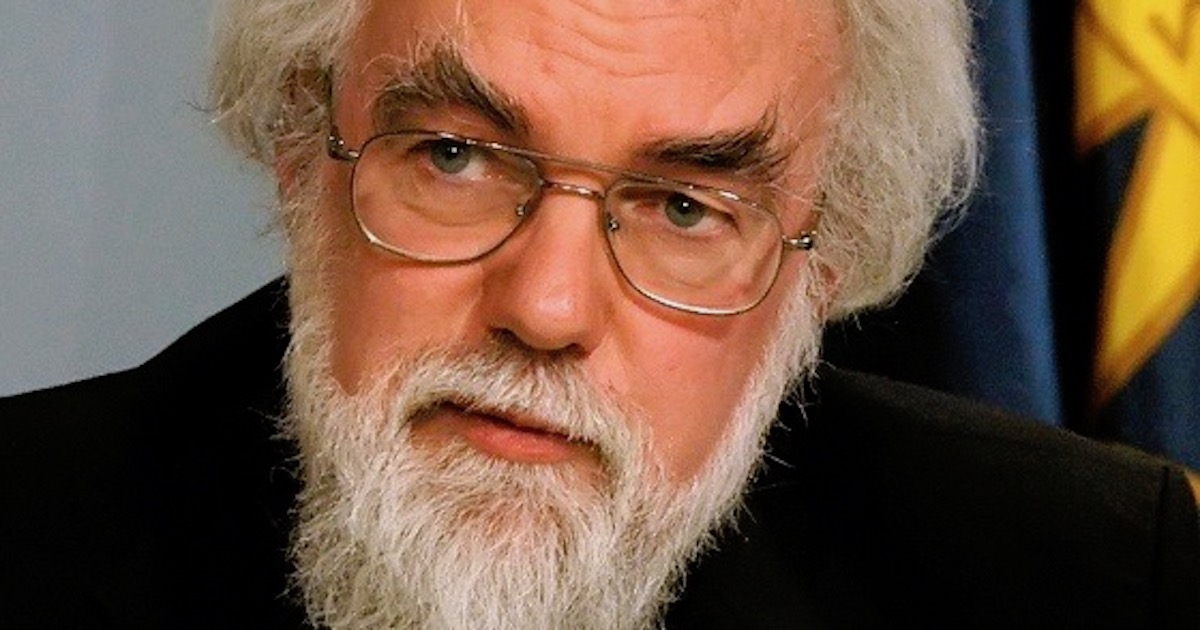 Culture & Ethics
Culture & Ethics
Species Dysphoria: Former Archbishop of Canterbury on Aeschliman’s Restoration of Man


The latest from Discovery Institute Press, Michael Aeschliman’s The Restoration of Man: C.S. Lewis and the Continuing Case Against Scientism, has caught the praise of Rowan Williams, the former Archbishop of Canterbury (2002-2012). That is some distinguished recognition. Williams writes:
The long overdue reappraisal of C.S. Lewis as a serious social critic and public intellectual has been much helped by Michael Aeschliman’s incisive monograph; its appearance in a new edition is very welcome at a time when crude scientism and incoherent forms of reductionist ideology seem (bafflingly) more popular than ever — as if we really don’t want to be human, if being human involves reasoning, irony, growth, wisdom and joy. Lewis opens doors into all these dimensions of our distinctively human world with an exceptional clarity, and Aeschliman does him ample justice.
Wow. It’s no secret that our reigning culture is anti-human. As Wesley Smith has written here, a major drift in modern thinking “seek[s] to push us off the pedestal of unique value,” with “many academics, biological scientists, and evolutionary philosophers hav[ing] joined the anti-human crusade.” That many adults don’t wish to be adults, and fight determinedly against adulthood with what they consider its unwelcome trappings (responsibility for others, personal dignity, even adult clothing), is also well known. But that many of us “don’t want to be human” is an additional insight, and a profound one. You could call this twist in our thinking species dysphoria. Very interesting.
Wiliams is himself the author of a book on Lewis, The Lion’s World: A Journey into the Heart of Narnia. Professor Aeschliman’s book is a third edition of a classic work, revised and expanded, including new Forewords by George Gilder and James Le Fanu.
Photo: Rowan Williams, by Brian from Toronto, Canada [CC BY-SA 2.0], via Wikimedia Commons.
